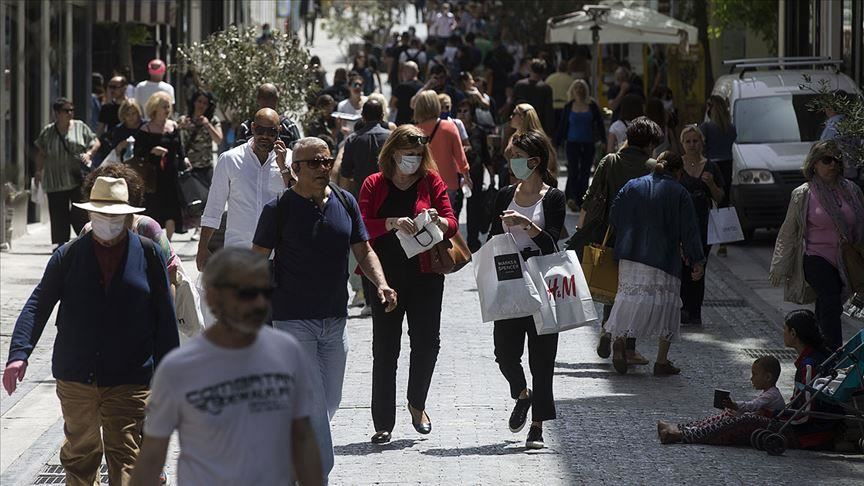Greece is still tortured by the unprecedented public health crisis.
It has not managed to rid itself of the epidemic despite the successful vaccination rollout.
Right now we are battling the third and strongest wave with mutated, more easily transmissible strains of COVID-19.
Our hospitals have been severely tested and their endurance is being exhausted even as the death toll rises.
The outlook is not the best. The five or six transitional coming weeks will be difficult and will endanger the lives of citizens.
This forecast is supported by the fact that after a year of repeated public health restrictions pandemic fatigue is to be expected, as is the eagerness of citizens to re-open schools, to restore social contacts, to seek employment, and to bolster their limited income.
Citizens realise that in the current transitional phase and until the vaccination rollout has been completed caution, vigilance, and systematic preparation is required in order to ensure the safest possible opening up of society, the endurance of which is not inexhaustible.
Clearly, right now the country needs to develop a positive chain of public health security and economic reconstruction policies without which it cannot transcend the tempestuous crisis that has bedeviled Greece for many years.
In a country acting based on reason there would be no reservations about that and most political parties would take care to ensure to the extent possible conditions of social peace and at least a minimum national understanding that would be sufficient to allow a much-awaited, general opening up of all sectors.
Yet, in our country, which often lacks seriousness, it has long been the custom to resort to diversionary tactics and to veer off track, with disastrous consequences.
Unfortunately, once again at a critical juncture in the life of our nation the prevailing environment is one of sterile political rivalries and irrational and often untimely demands.
That is mixed in with exaggerations, rancour, hatred, and unique passions that lead society to deviate from the patently obvious objective and purpose.
Most of those who act in this manner appear ready to set fire to parched flatlands as if there were no tomorrow.
No one disputes the fact that any form of police violence is unacceptable.
It is an affront to our democracy and provokes the citizenry. It requires a palpable condemnation by police and government authorities.
However, nothing justifies general condemnations that place everyone in the same category.
Even more, nothing justifies vigilantism or the phenomenon of blind, organised violence that we saw on Tuesday in Nea Smyrni, which was a response to the violence of a small group of policemen against a citizen two days earlier in the square of the same municipality.
It is impermissible for Greece to become hostage– under the current public health, economic, and social conditions – to the demands of a man serving multiple life sentences for heinous murders.
Nevertheless, often in the past our country has gone astray and was harmed in many ways by the prevalence of irrationality in politics and other areas.
Our democracy, however, is more mature, strong, and capable of averting a possible plunge into a sick climate of unchecked violence. It has the mechanisms and institutional power balances to protect itself and to isolate in a clear and timely manner the dark forces and individuals that threaten it.
What is needed is for all political parties, and especially the main opposition, to avoid sliding into dangers and to leave no room for tolerance of those who are peddling hatred or support violence.





